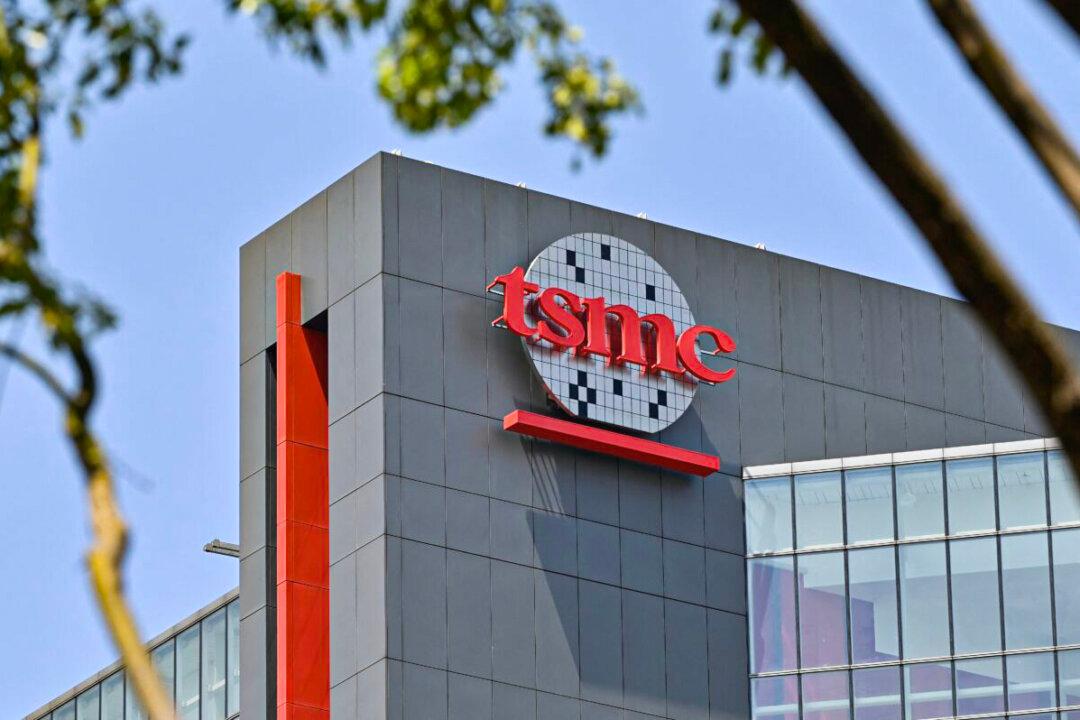Taiwan Semiconductor Manufacturing Company (TSMC) said Tuesday that it will form a joint venture with its corporate allies to build a semiconductor fab in Dresden, Germany, its first factory in Europe.
The project, dubbed European Semiconductor Manufacturing Company (ESMC), will be 70 percent owned by TSMC, Germany’s Robert Bosch, Infineon Technologies, and Netherlands’ NXP Semiconductors, each with a 10 percent equity stake.





